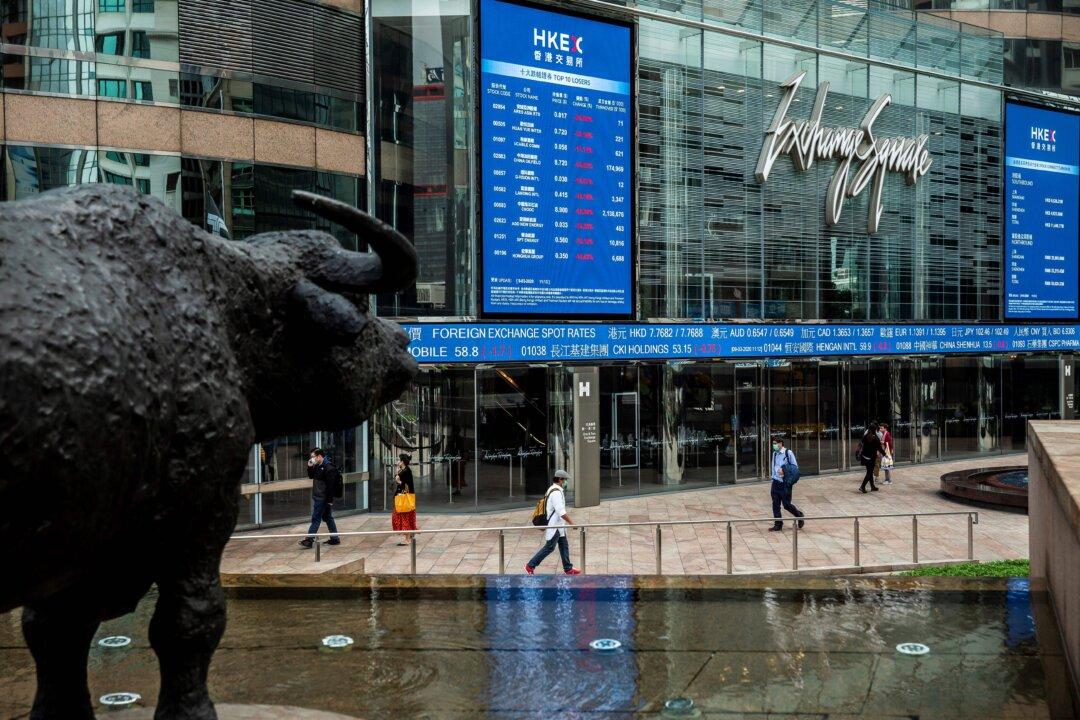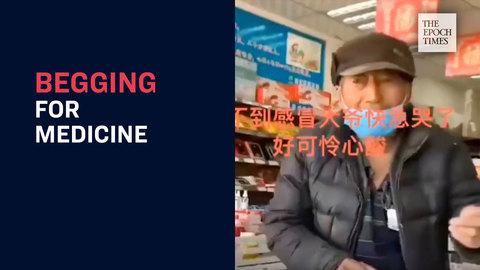On the eve of President Joe Biden’s inauguration, the Hong Kong stock market soared as Chinese money poured in.
On Jan. 19, the daily trading volume of Hong Kong stocks exceeded 300 billion Hong Kong dollars ($38.7 billion). On Jan. 21, the Hang Seng Index, which tracks the Hong Kong stock market, rose by more than 10 percent, ranking first among the most important global indexes, according to NetEase Finance.

